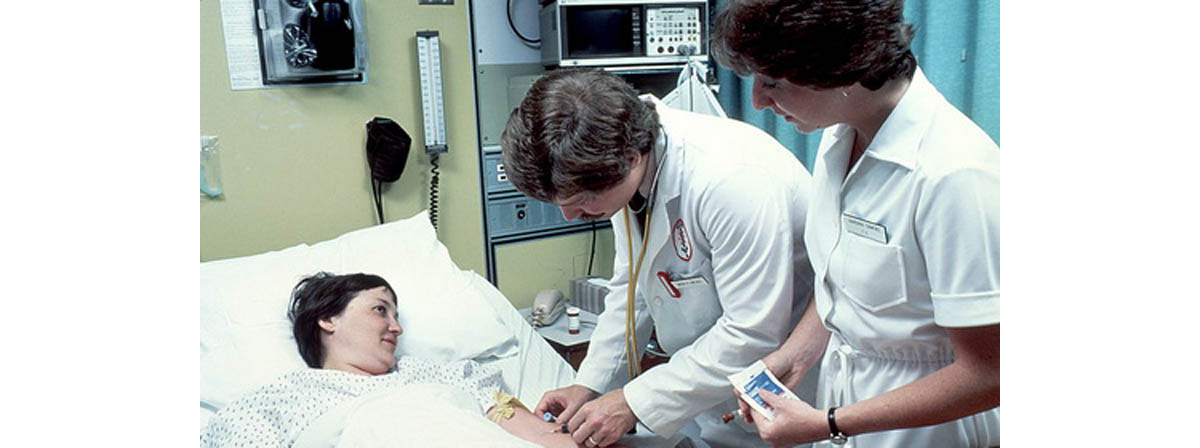Table of Contents
5. Women will have more choice in their doctors under Obamacare.
Under the fully implemented health insurance law, women will no longer have to obtain a referral from their family doctors to get an appointment with an obstetrician or gynecologist. Women will also be able to choose their primary care physician and their children's pediatrician from a list of doctors participating in the health insurance plan.

6. Women will no longer have to worry about exceeding a lifetime cap on insurance coverage.
Under the old system, insurance companies were able to impose a lifetime limit for medical coverage, sometimes as little as $50,000--which may not cover even a single day in the hospital for any illness involving intensive care. Lifetime limits have already been eliminated and annual caps on coverage are already being phased out, ending next year.
7. Health insurance will be more affordable for nearly everyone.
Single women (or men) earning up to $43,000 per year and families of four with incomes of up to $92,200 per year qualify for federal subsidies that may cover part or all of their health insurance costs. Low-income women, men, and families will qualify in many states for Medicaid. Even in the 20-plus states in which Republican governors have blocked expansion of the Medicaid program, the ability to report earning at least 133% of poverty level income on the application this fall will result in enrollment in health insurance at a reduced premium cost.
8. Women, men, and families will get more "bang for their buck" from their health insurance policies.
The Affordable Care Act has already eliminated the practice of rescission, canceling a health insurance policy as soon as someone becomes sick. When the law comes fully into force, it will require insurance companies to spend 80% of the money coming in from premiums on health care for the people they insured, limiting profits to no more than 20% of the premiums.
9. Children will be covered, too.
Obamacare already requires health insurance companies to issue policies to disabled children through age 19. It already requires health insurance companies to allow parents to carry their children on their family health insurance policies through the age of 26. The Obama administration estimates that 2.5 million Americans aged between 19 and 26 have taken advantage of this provision of the law.
10. No group of women will be systematically excluded from health care coverage.
Transgendered women, lesbian women, and women of all races are entitled to equal access to health insurance coverage under the new law. In addition to prohibiting discrimination in the health insurance market, the Patient Protection and Affordable Care Act also increases funding for community health centers, increases funding for health education, and mandates data collection on women's health and minority health issues.
As an update, since the time this article was originally published, healthcare opportunities for women in the United States have diminished. US women are more likely than women in any other developed country to opt not to consult a doctor because they are afraid of the costs, and more likely to suffer from chronic illness than women in many other countries, as well. They are less likely to rate their quality of care as satisfactory, and their access to abortion has dwindled in recent years.
- Pub.L. 111–148, 124 Stat. 119, to be codified as amended at scattered sections of the Internal Revenue Code and in 42 U.S.C.
- Private Health Insurance Provisions in PPACA (P.L. 111-148). Congressional Research Service. April 15, 2010.
- Photo courtesy of Nancy Pelosi by Flickr : www.flickr.com/photos/speakerpelosi/7006813361/
- Photo courtesy of National Cancer Institute by Wikimedia Commons : commons.wikimedia.org/wiki/File:Blood_test_(1).jpg


Your thoughts on this